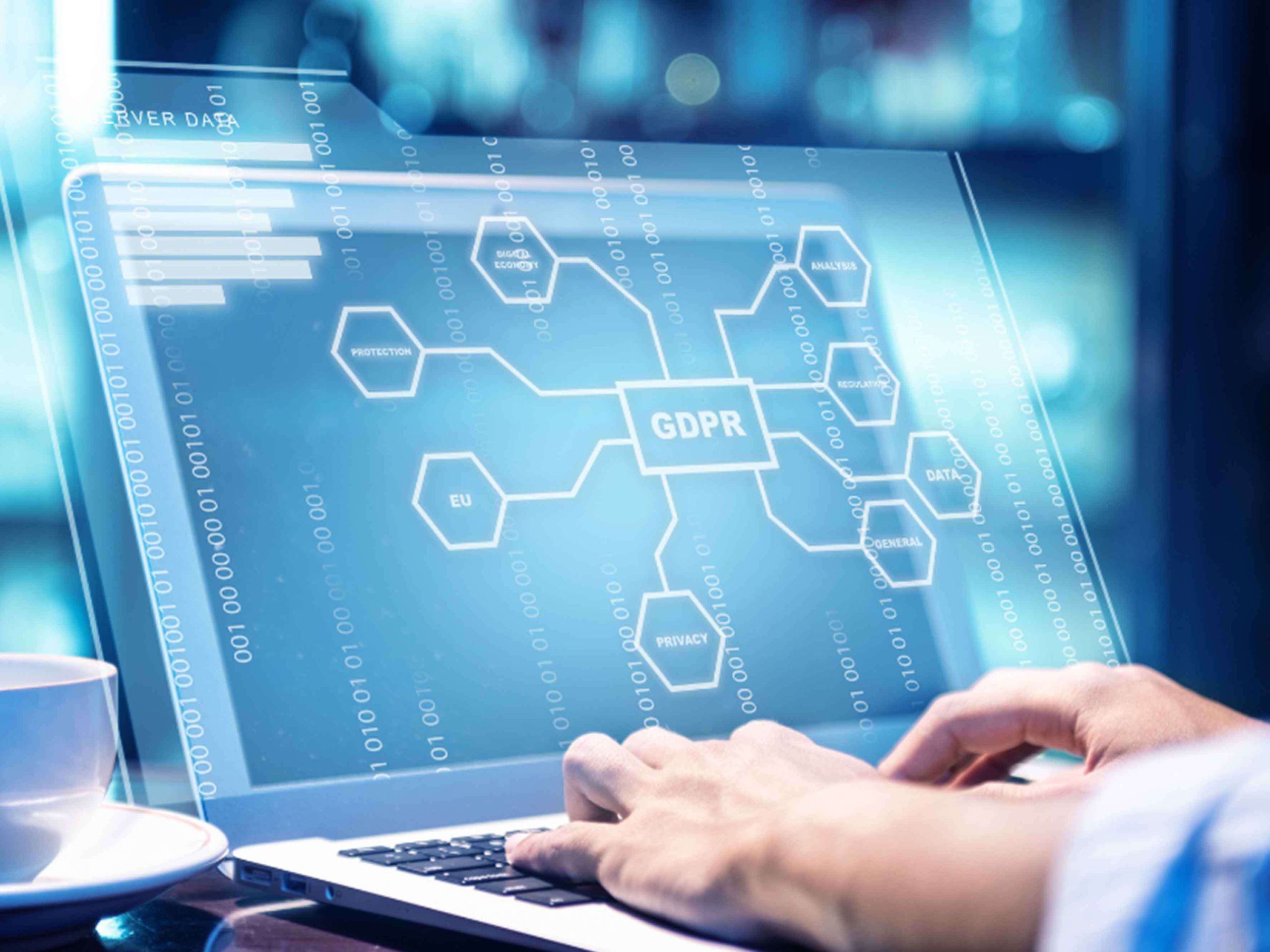

January 12, 2023
In the modern age of digital evolution with excessive servers online to cater to data from all fields, it has become necessary to abide by rules that secure data. In such a scenario the arrival of GDPR and GDPR Consultants has proven to be useful and facilitates data protection efforts. The GDPR’s goal is to provide a set of uniform data protection laws across all member countries. This should make it simpler for EU people to understand how their data is used and to lodge concerns, even if they are not in the nation where it is stored.
The GDPR also requires that personal Protect Data be kept securely; in part, the rule states that personal data must be safeguarded against unauthorized access “illegal or unauthorized processing, as well as accidental loss, destruction.
The GDPR also defines the reasons for collecting personal data; the data gathered must be for a specified and legal purpose and should not be used for any other purpose. The rule also advises limiting the amount of data gathered, stating that collected data should be kept “restricted to what is essential.
The applicability of GDPR by health tech firms and other companies in the IT world has necessitated the usage of such laws. The rising cases of data breaches, hacking, and other data-related issues must be dealt with vigilance by firms.
Sorting through heaps of data may not sound attractive, but it is one of the most important principles firms must follow. Organizing the official data and records, upgrading client profiles, and implementing safety data measures should not be seen as arduous tasks. The GDPR is a wonderful motivation to complete these tasks and improve a business model, making it more effective and safer.
The most desired trait in a craftsman is dependability, and firms must be able to exhibit this to go ahead of the competitors. GDPR enhances clients’ trust and a company’s reliability. When a company complies with the GDPR, clients and workers are convinced that they have more control over their data and that the company is trustworthy. This can increase the clientele and improve the company’s repute in the market.
Individuals have the right under GDPR to know what personal data is being collected from them. For what purpose it is gathered, and with whom it is being shared. Moreover, this information must be easily available and presented clearly and succinctly. Businesses must also give individuals a copy of their data upon request under GDPR. Individuals can use this to confirm that their Protect Data is correct and up to date. It also allows them to correct any incorrect or missing information. Finally, GDPR compels enterprises to notify individuals of their right to revoke consent for the collection, use, or release of their data at any time. Individuals now have control over how personal data is utilized. Knowing how someone’s data is being used by a company is crucial to privacy. And can have a great impact on individuals who are threatened by data invasion.
As part of GDPR compliance, a firm must endeavor to improve the network, endpoint, and vulnerability scanning. Migrating to the newest technologies serves two purposes. One, it allows companies to handle the rising demand for data more effectively. Moreover, and two, it allows them to give end users augmented goods, services, and processes.
A firm may continually monitor its new environment for information breaches using third-party management technologies. These technologies track log data and data moved outside of the company environment. They also validate the integrity of files and folders on a network. End-user devices, and apps, as well as those in the cloud.
GDPR compliance demonstrates to customers that a company is a competent data custodian. This new regulation requires that each company appoint data protection consultancy services as well as conduct regular audits of Protect Data processing operations. The protection of PII must be ensured using GDPR and relevant data protection. Moreover, the suggested GDPR security procedures boost a brand’s reputation by demonstrating to customers. That they have a strong data governance framework in place.